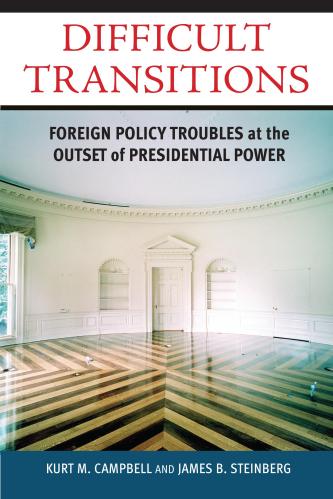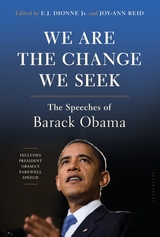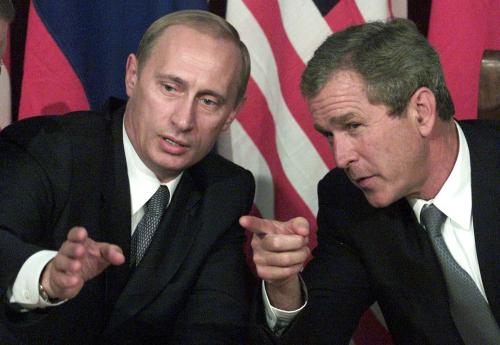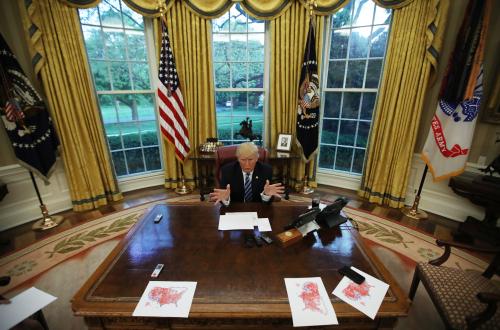Robert Kagan writes that the country is at risk for continued foreign election interference when Republicans allow the normalization bribery. This piece originally appeared in the Washington Post.
Attorney General Kamala D. Harris traveled to London last week to meet with top advisers to British Prime Minister Jeremy Corbyn, it has been learned. The topic? Allegations of questionable behavior by Sen. Tom Cotton (R-Ark.) while traveling overseas in 2021. According to White House sources, British intelligence picked up snippets of phone conversations that they claim could be damaging to the senator, who is running for the Republican presidential nomination and polling second in most of next week’s Super Tuesday primaries.
The Corbyn government appears willing to share the Cotton information as negotiations on the Anglo-American free-trade agreement come down to the wire. According to sources, President Elizabeth Warren has indicated a willingness to compromise in the negotiations but has made known through intermediaries that she’d welcome a “favor” from Corbyn. British officials did not respond to questions, but one official close to the prime minister told reporters, after requesting anonymity in order to speak freely, “[Expletive] Tom Cotton. The prime minister detests him.”
This news follows recent revelations that Secretary of State Christopher Murphy stopped briefly in Havana a month ago on his way back from a Latin American tour. The meeting was ostensibly to discuss a further lifting of U.S. sanctions on Cuba. However, the previously undisclosed visit is notable in light of reports that the Cuban government has shared with Warren campaign officials a vast trove of texts and emails allegedly gleaned from the smartphone of Republican presidential hopeful Nikki Haley. The former governor of South Carolina and former U.S. ambassador to the United Nations has been leading in the polls and is considered the biggest threat to Warren’s reelection.
Yesterday, House Minority Leader Mark Meadows (R-N.C.) rose to denounce Warren for what he claimed were “naked efforts to enlist foreign interference in our election.” His comments set off raucous laughter in the House chamber. “Nothing has happened!” said a smiling House Speaker Nancy Pelosi (D-Calif.) in a news conference later in the afternoon.
The scenario outlined above would be funny if it were not so plausible and, indeed, if it were not exactly where Republicans are pushing the country right now. As it becomes harder for Republicans to deny that President Trump held assistance to Ukraine hostage in return for a promise to investigate his political opponents, they have increasingly turned to the argument that it doesn’t matter if he did.
Either it doesn’t matter because the quid pro quo wasn’t consummated, or it doesn’t matter because Republicans insist there was no crime or impeachable offense involved. Whichever argument they choose, however, the result will be the same. Having obtained evidence of such an effort by the president, Republicans will have taken the position that as a constitutional and legal matter, the president’s conduct was acceptable.
Their official judgment, which will presumably be ratified when the Republican-controlled Senate votes against removing the president, is that there should be no consequence of any kind if a president works with foreign governments to find damaging information about his or her political opponents.
Is that outcome of this whole affair a tolerable one for Republicans? It might get them through the current political cycle, yes. But what about the next? As the hypothetical 2024 report above suggests, Republicans could well be the next victims if their current arguments prevail.
Do they imagine that other governments around the world will not want to help Democrats get elected? One could name dozens. Do they feel confident that other governments won’t hack into Republican emails and tape Republican conversations? Will they be happy to trust their fate to “investigations” conducted by foreign governments at the behest of a Democratic president holding out aid or sanctions relief as an inducement? Or maybe they just trust that Democrats, having watched Trump get away with it, will never be tempted to do it themselves.
It’s a genuine question that Republicans must answer somehow. What should be the consequences for a president who does what even most Republicans now acknowledge Trump and his top advisers did? If those Republicans believe that impeachment is too severe, what kind of penalty do they propose? If the answer is none at all, then Republicans will have opened the floodgates for foreign penetration of the U.S. political system. They will drown along with the rest of America.
The Brookings Institution is committed to quality, independence, and impact.
We are supported by a diverse array of funders. In line with our values and policies, each Brookings publication represents the sole views of its author(s).











Commentary
Republicans risk normalizing foreign interference in U.S. politics
November 22, 2019